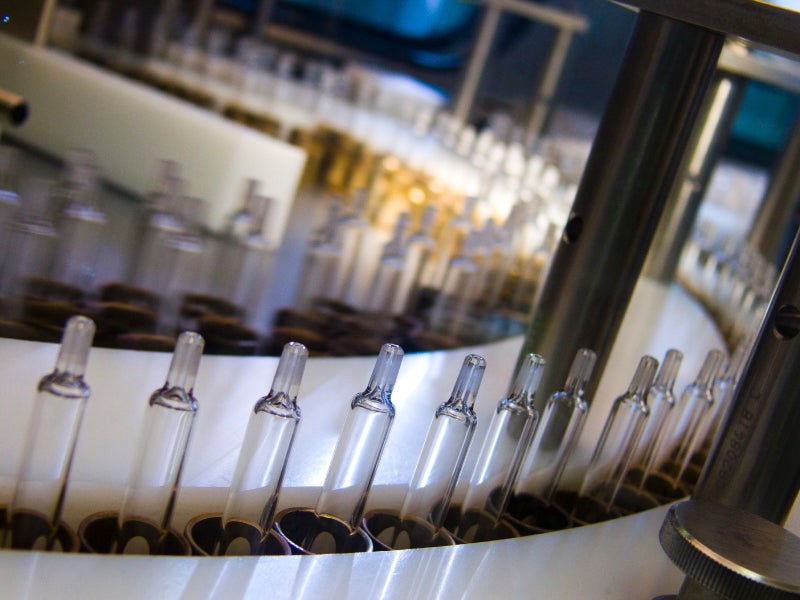
By Amy Malkani
It goes without saying that the coronavirus pandemic has had an unprecedented impact on economies and industries worldwide, but within the pharmaceutical space, Covid-19 has completely re-shaped the clinical supply chain.

Discover B2B Marketing That Performs
Combine business intelligence and editorial excellence to reach engaged professionals across 36 leading media platforms.
Firstly, the crisis has propelled direct-to-patient (DtP) drug distribution as a leader in clinical trial logistics. DtP was already emerging as progressive strategy for delivering drugs to patients directly to create patient-centric trials with fewer site visits and less burden on the participant; yet for pharmaceutical companies now facing the perplexing challenge of distributing clinical products to home-bound patients who cannot access the clinical site, offering a DtP service may be the only solution to keep their study going.
Clinical supply chains: a glimpse into the impact of Covid-19
Beyond the issues with the patient distribution chain, many trial sponsors with multinational facilities face the problematic challenge of navigating their global supply chain in a world with restricted border movement and limited distribution traffic.
To get a sense of the impact of the pandemic on clinical supply professionals on the frontline of day-to-day logistics operations, Arena International’s Clinical Trial Supply Virtual conference offered a multiple choice poll to attendees from within the industry on 12 May 2020.
The question asked was, ‘Has Covid-19 affected your clinical supply chain?’ Over 20% of the 34 participants answered that they had been experiencing problems at international borders and needed to re-evaluate their global supply plans.

US Tariffs are shifting - will you react or anticipate?
Don’t let policy changes catch you off guard. Stay proactive with real-time data and expert analysis.
By GlobalDataOther problems participants faced included having supply forecasting systems that had not been suitable for dealing with the changes due to the pandemic, or being unable to source, manufacture, or obtain the products needed to produce their drugs. Meanwhile only 29% said they had barely been affected by the Covid-19 crisis in terms of their day-to-day clinical supply operations. Though the data is not representative of the entire clinical supply community, it provides a glimpse into the varying ways in which trial sponsors have been affected by the pandemic.
Each clinical trial has its own supply chain, and there are many factors that determine how badly pharmaceutical companies have been affected by the consequences of the coronavirus. Trial sponsors running global operations may have suddenly found themselves unable to source drug products, be they investigational or comparator from their usual region of choice and may be forced to search elsewhere. Running multicentre studies is equally problematic since national responses to the crisis and lockdown measures have varied across the world, and as mentioned earlier, getting supplies to these areas has become difficult with restricted border movement.
Trial sponsors: is the stage set for dramatic change?
Whether pharmaceutical companies are operating at domestic or international level, their resilience in coping with the impact of the crisis comes down to many factors, such as company size, resources, distribution models, patient pool, and the stage of research of development. For trial sponsors with study participants spread across different regions, as is often the case with orphan and rare disease trials, distributing drugs to the patients can be an even more overwhelming task.
While it’s clear that the coronavirus outbreak has had a serious impact on clinical trial supply operations, in these uncertain times, it is unclear how the world will handle the crisis and how much the pharmaceutical industry will contribute to evolve.
Trial sponsors may have to significantly change their operational strategy now, but will they revert back to their old systems and processes once the global climate stabilises or will they revolutionise the way they operate permanently? The real question is not whether Covid-19 has had an impact on the clinical supply chain, but rather, what will the global clinical supply chain look like in a post-pandemic world?





